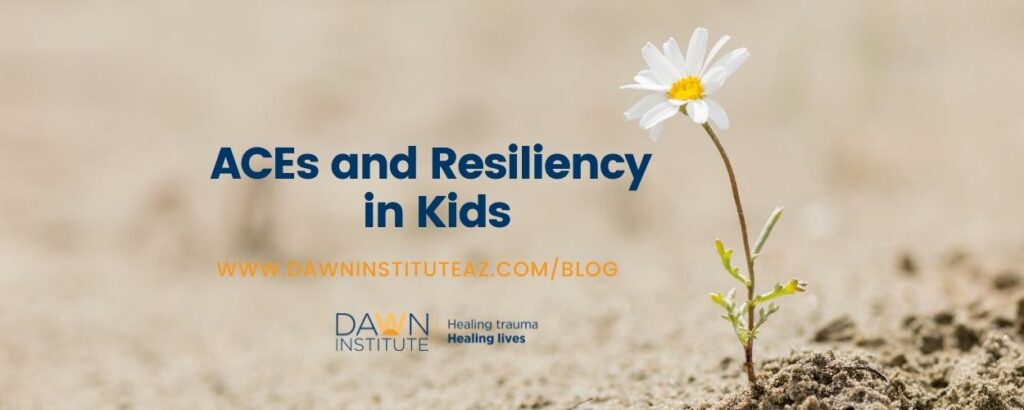Ever wonder what ACEs stands for and why it is important to understand?
According to the Early Childhood Learning and Knowledge Center, ACEs stands for Adverse Childhood Experiences and was one of the largest studies done on the impact of childhood abuse and neglect on health and well-being later in life. The original ACE study was conducted at Kaiser Permanente from 1995-1997 and included two waves of data collection. More than 17,000 people participated in physical exams and confidential surveys regarding their childhood experiences, current health status, and behaviors.
The ACE survey consisted of ten questions. You can find the topics covered in the survey here: Trauma and Adverse Childhood Experiences (ACEs) | ECLKC (hhs.gov). Please be warned before you view the page, keep in mind these topics are sensitive and may be triggering.
In order to better help you understand the outcomes, I found this excerpt from the Early Childhood Learning and Knowledge Center on the results of the study: “Researchers found that these experiences (ACEs) had a profound impact on health outcomes later in life. The ACEs study revealed that stress is a biological mechanism. Traumatic experiences do not simply happen to children, they happen inside their brains and bodies. Stress causes the body to release cortisol. Prolonged exposure to dangerously high levels of cortisol—known as toxic stress—impacts the brain’s capacity and ability to learn. Thus, students who are victims of trauma are at increased risk for academic failure and often under-perform or struggle in the classroom.”
Isn’t this supposed to be a blog about ACEs and Resilience?
Yes, and this is where my personal story comes in. The first time I looked at the ACE questionnaire I was puzzled. Based on my score, my life should not have turned out as well as I thought. I looked up at the counselor who had given me the questionnaire. He must have known I was confused because he asked me to turn the paper over. Flipping the page over quickly, to my surprise there was another questionnaire, but this time it was called the resiliency questionnaire. I began to fill it out, but this time I saw support I had received from people along the way, even though I had faced challenges in my life. I realized I was resilient.
Resiliency is defined as the ability to recover from adversity. Resiliency can come in many different forms, but one of the easiest ways I began to understand resiliency is by resources available. Resources come in all different shapes and forms.
Model Resiliency
Modeling resiliency can help to show kids and people what it looks like to overcome challenges. When modeling this skill it is important not to be dismissive of thoughts and feelings about challenges, but to be supportive and actively listen. No one is perfect and it is important to model making mistakes and growing from them. Helping younger kids can start small. Even something like this song: https://youtu.be/f3qeScWXOUs about flexible thinking can help kids work through everyday challenges until they are able to work through some of the bigger challenges they are facing. If your child is not into songs, they may like this story that goes with the song: https://youtu.be/Yv4xniOiQqQ.
Listen
Listening is not just nodding in agreement. Actively listening is important to help kids (and anyone) feel connected. Have you ever tried to tell someone a story and they just kept looking at their phone? It feels like you are talking to a brick wall. For more tips on active listening check out Active Listening | Communicating | Essentials | Parenting Information | CDC.
Professional Help
If you are facing challenges, you are not alone. Dawn is here to help. Whether your ACE score is a 2 or a 10. We have individual counseling and trainings available to support your needs. If you have a child that needs support, please reach out.
Resources
https://eclkc.ohs.acf.hhs.gov/publication/trauma-adverse-childhood-experiences-aces
Active Listening | Communicating | Essentials | Parenting Information | CDC

